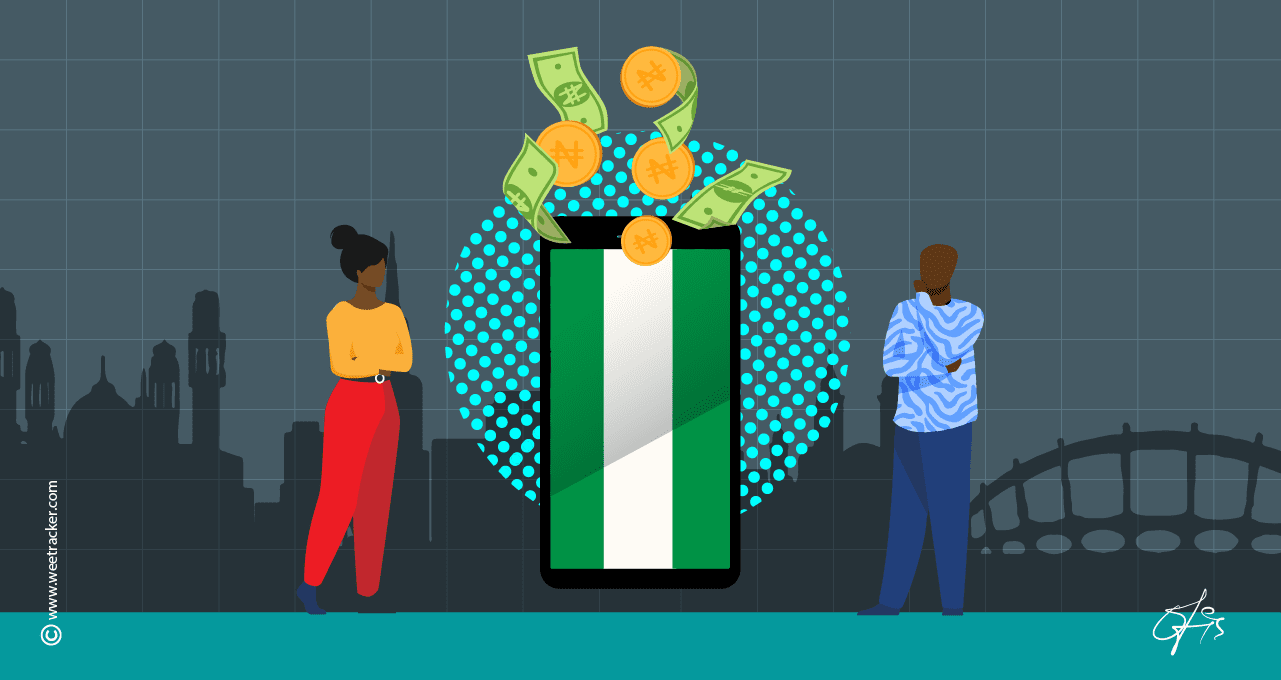A hard reset by the Central Bank of Nigeria (CBN) aimed at reducing currency in circulation and encouraging the adoption of digital payment channels has put millions of Nigerians under stress with no respite in sight.
Individuals and businesses in Nigeria are scrambling to get their hands on a scarce set of newly-redesigned higher-denomination naira notes for their day-to-day in a predominantly cash-based economy where existing e-payment options, although available, are neither inclusive enough nor reasonably ubiquitous – not to mention unreliable as failed transactions and downtimes are commonplace, and dispute resolution is often tedious.
Mega Chicken Ikota. 3.15pm (30/01/2023)
All POS not working. Transfer option not available. Told it takes hours to confirm. Customers advised to pay cash or walk away.
We are not ready.
— Yinka Chukwuemeka Ogunnubi (@yinkanubi) January 30, 2023
Nigeria is Nigeriang hard today. Filling stations refusing to sell via POS cos of so many failed/ reversed transactions. So cash only. However, No cash at ATMs cos new bank notes-gate. POS withdrawal guys on standby, say 1k for every 5K withdrawal. All this, just to get petrol.
— Ozzy (@ozzyetomi) January 31, 2023
Nigeria’s apex bank, under the often controversial leadership of the divisive Godwin Emefiele, added to its growing list of policy swings last October when it announced new designs for the NGN 200, NGN 500, and NGN 1000 notes. The new notes went into circulation in the middle of December as Nigerians were given a deadline that has now been moved to February 10 to deposit the old notes in their possession with their banks.
The CBN, which has noted time and again that the redesign is long overdue, is hoping to tackle a few problems by tightening its control of money supply in Africa's largest economy.
“The new series will help to check counterfeiting,” the bank has explained, as well as criminally-motivated hoarding. “The redesign is also expected to strengthen the economy, reduce expenditure on cash management, promote financial inclusion, and enhance the CBN’s visibility of money supply,” the CBN says.
However, crippling scarcity has marred the rollout of the new notes with Nigerians struggling without success to obtain the new notes. Across banking halls, ATMs, and agent banking shops around the country, new notes are currently either being rationed or simply unavailable given the short supply.
This situation has, in some parts of the country, incentivised hoarding or preferential disbursement of the new currency set, all of which now come at a premium. There are also reports that a parallel new currency black market has taken shape in some parts of the country with underground operators charging exorbitant premiums for the new notes. On a similar note, operators of Nigeria’s 1.4 million-strong agent banking network have upped their withdrawal fees by 400 percent or more for cash-out transactions in both new and old naira notes.
